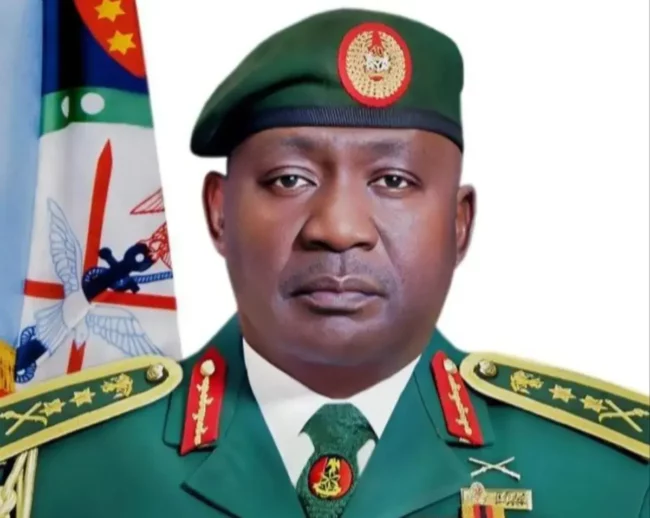Chief of Defence Staff (CDS), General Christopher Musa on Wednesday, disclosed that the Military High Command would be deploying over 800 special forces into operational areas to combat multifaceted security challenges facing the country.
The CDS disclosed this while speaking at the Defence Training Conference 2025, with the theme: “Performance Oriented Training and Trends in the Contemporary Operating Environment.”
“Sometime next week, we will be graduating the first 800 special forces team trained to face the challenges we are undergoing, and the training is very comprehensive.
ALSO READ: Insecurity: 17 soldiers killed, 10 injured in Niger terrorist attack — Army
“We have realised that deploying them in pieces also creates that weakness that we see. We will be deploying them together, a force that stays together that will understand each other. Because from experience, a fighting force must be able to understand themselves.”
The CDS said the conference, themed: “Performance-Oriented Training and Trends in Contemporary Operating Environment”, was organised as a critical part of a shared commitment to building a professional and combat-ready force that is well-equipped to navigate the evolving operational landscape.
“Our mission also aims to create a unified training system that is adaptable, technological-driven, economical, and mission-driven.
“This entails expanding joint training programmes and doctrinal reviews as well as performance simulation and work-giving among other innovations that will enhance professional operational ability.
“Furthermore, this training will enhance collaboration, cooperation, and jointness among the services of other relevant security agencies.”
Gen Musa pointed out that the effective response to the Nation’s complex security threats required inter-service collaboration and cooperation and rapid integration of artificial intelligence, autonomous systems, advanced surveillance technology, and sophisticated electronic cyber warfare.
He emphasised the need for the military to understand the enemy it is dealing with to prepare for emerging challenges.
This came just as the Defence Minister, Mohammed Badaru urged military to align its training to national security objectives.
The Minister pointed out that addressing the nation’s security threats required the military to adopt forward-looking strategies based on rigorous training, inter-agency coordination, and real-time adaptation to emerging doctrines and technologies.
While noting that the theme of the conference was timely and resonated deeply with the national security imperatives of our time the Minister said, “We are in an era where threats to national security are no longer confined to traditional state actors or conventional battlefield engagements, but asymmetric threats, hybrid warfare, and other non-traditional challenges that demand more than just tactical responses”.
“To address these threats effectively, the Armed Forces of Nigeria must adopt forward-looking strategies grounded in rigorous training, inter-agency coordination, and real-time adaptation to new doctrines and technologies,” he added.
He noted that the success of any military institution depends not just on the caliber of its personnel or the sophistication of its equipment, but on the quality, relevance, and sustainability of its training level.
According to him, “Distinguished ladies and gentlemen, as we gather here today, we must confront a pertinent and fundamental question: How can we ensure that our Armed Forces is more proactive and anticipatory in the face of rapidly evolving security threats?
“The answer lies in strategic investments in performance-oriented training that prioritizes outcomes, simulates real-world complexities and aligns closely with current and future operational realities. It is therefore, no longer enough to train for the threats of yesterday without training for the uncertainties of tomorrow and beyond.”
The minister reaffirmed the Federal Government’s commitment to supporting the military in overcoming the nation’s security threats.
He said: “As part of our strategic vision, we are working closely with the Services to review and enhance our defence training architecture, with a clear focus on: Aligning training programmes with strategic defence objectives; upgrading facilities and infrastructure in our training institutions, expanding partnership with regional and international military academies and think tanks; Promoting training exercise that reflects both local and global threats and encouraging innovation in training methodology, doctrine development, and simulation tools”.
The Minister emphasised the significance of joint and combined training exercises, noting that no single service can secure our nation alone.
“Modern military operations demand close collaboration. Not only among the Army, Navy, and Air Force but also with other security agencies and international partners.
“Exercises like AFRICAN LION, OBANGAME EXPRESS and our participation in ECOWAS Standby Force drills are examples of the kind of multi-dimensional cooperation we must continue to pursue.”






